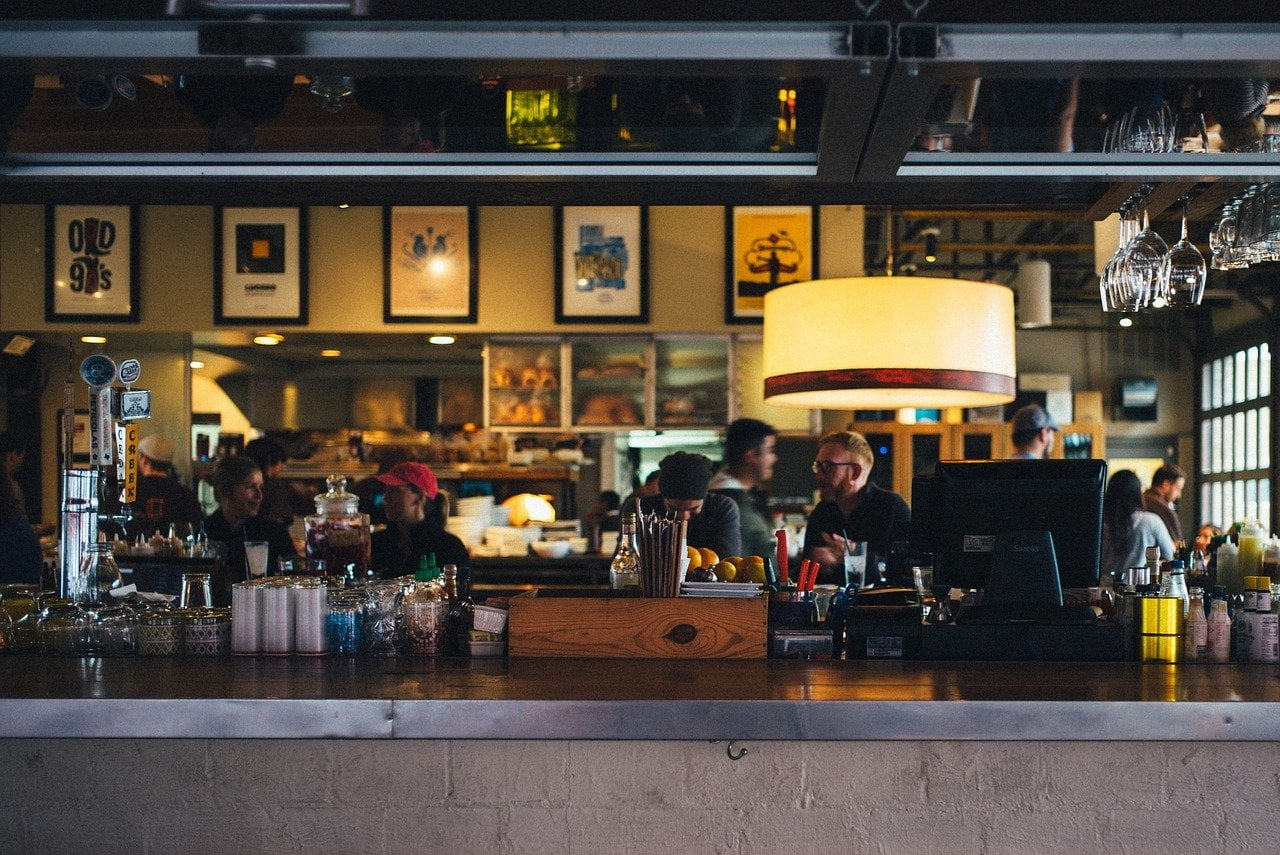Hundreds of Thousands of Independent Restaurants Left Behind as SBA Set to Close Restaurant Revitalization Fund on July 14 Without Refill
Q1 2021 hedge fund letters, conferences and more
$60 Billion Restaurant Revitalization Fund Replenishment Act Has Bipartisan Support from 175 Representatives and 13 Senators including Sens. Sinema (D-AZ), Wicker (R-MS), Murkowski (R-AK), and Durbin (D-IL)
Independent Restaurants: “We will not stop until Congress finishes the job and provides relief for every independent restaurant struggling to stay open.”
SBA To Close The Restaurant Revitalization Fund
WASHINGTON D.C – Today the Independent Restaurant Coalition issued the following statement following the Small Business Administration (SBA) announcement that it will close the Restaurant Revitalization Fund (RRF), leaving over 265,000 small businesses in need of relief on the brink of permanent closure. The $28.6 billion grant program provided support to less than a third of the businesses that applied for funding – over 370,000 submitted applications, representing over $76 billion in requested funds yet only 105,000 applicants received a grant.
"The pandemic is not over and we still need help," said Erika Polmar, Executive Director of the Independent Restaurant Coalition. "When the IRC formed last year, we asked for $120 billion in relief because we knew the crisis facing independent restaurants was that dire. The vast majority of independent restaurants and bars suffered over sixteen months of losses without any meaningful relief. They face inflated costs of supplies, customers less willing to dine out, and debt and back rent that will soon come due through no fault of their own. The initial $28.6 billion in the Restaurant Revitalization Fund was always meant to be, as Majority Leader Schumer says, a ‘downpayment’ on a larger program that could ensure everyone who needs help can get it. The Restaurant Revitalization Fund was a lifeline for the 105,000 restaurants and bars who received one, and can do the same for the 265,000 who applied and were turned away. Congress must finish the job and refill the fund to ensure every independent restaurant can survive and thrive."
According to the SBA, the RRF application platform will remain open for the next two weeks to allow applicants to check their status, address payment corrections, or ask questions. The SBA will disable access to the platform on July 14, 2021.
Recently, Reps. Earl Blumenauer (D-OR-3) and Brian Fitzpatrick (R-PA-1) and Sens. Roger Wicker (R-MS) and Kyrsten Sinema (D-AZ) introduced the Restaurant Revitalization Fund Replenishment Act in both chambers of Congress, which provides $60 billion in additional funding for the RRF. This legislation is gaining rapid bipartisan support as 175 members of the House of Representatives have come out in support of the bill and 13 members of the Senate.
Restaurant And Bar Industry Continues To Struggle
This introduction comes at a pivotal moment for the restaurant and bar industry, which have been uniquely impacted by the COVID-19 pandemic and continue to struggle:
- The COVID-19 pandemic has cost restaurants and bars over $280 billion in sales.
- According to one point of sale system, restaurants and bars are eligible for at least $168 billion in RRF grants.
- Approximately 90,000 restaurants and bars have closed during the pandemic.
- 46 million restaurant and bars workers are still jobless.
- Costs necessary for running a restaurant are rising. The price of beef and veal (10.5%), grains (25.7%), and cooking oils (9.3%) all increased between April and May of 2021.
- Consumer hesitancy continues to hamper restaurants' and bars’ revenue generating abilities as 36% of diners will not resume their regular dining behavior until at least after September 2021.
The Independent Restaurant Coalition continues to provide resources for members of the local restaurant and bar community to advocate for relief. Anyone interested in joining our movement can check out our congressional outreach guide, state fact sheets, or reach out to their representatives using our take action tool.
The RRF is a grant relief program modeled after the $120 billion RESTAURANTS Act, which independent restaurant and bar operators from the IRC specifically designed alongside Senator Wicker and Congressman Blumenauer so their industry could access the relief they need. Thousands of IRC supporters first proposed in an April 2020 letter to Congress.
This first-of-its-kind grant program provides debt-free support in the amount of annual revenue lost from 2019 and 2020, with special provisions for businesses that opened in 2020 and 2019. They can only be used on eligible expenses (below) incurred starting on February 15, 2020 and ending on March 11, 2023. Unused funds – or funds not used for these purposes – will be returned to the government. These expenses include:
- Payroll (excluding employee compensation exceeding $100,000/year), employee benefits, and paid sick leave;
- Mortgage, rent, and utilities;
- Maintenance;
- Outdoor seating construction;
- Supplies, protective equipment, and cleaning materials;
- Food and beverage;
- Operational expenses;
- And principal business payments for business debt.
This program caters to the most vulnerable businesses: grants cannot exceed $10,000,000 per restaurant group (which cannot have more than 20 entities), and $5,000,000 per business. The SBA will prioritize awarding grants to women or Veteran-owned businesses, and socially and economically disadvantaged groups, including Black Americans, Hispanic Americans, Native Americans, Asian Pacific Americans and Subcontinent Asian Americans. And for the first time the SBA will provide an application in Spanish.
About The IRC:
The Independent Restaurant Coalition was formed by chefs and independent restaurant owners across the country who have built a grassroots movement to secure vital protections for the nation’s 500,000 independent restaurants and the more than 11 million restaurant and bar workers impacted by the coronavirus pandemic.













